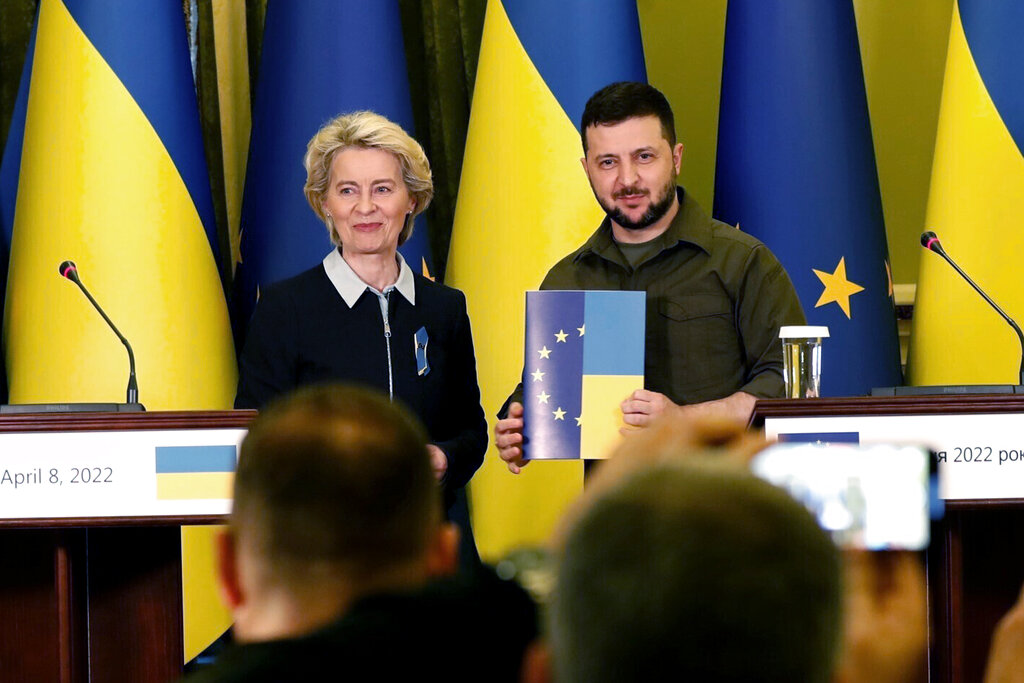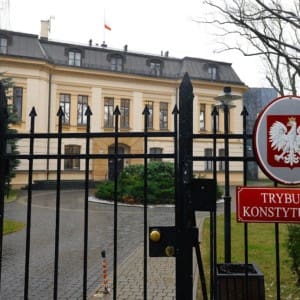The Hungarian Institute of Foreign Affairs (MKI) has published a study listing nine reasons why it would be premature to discuss Ukraine’s accession at this week’s European Council.
Ukraine is not ready to join the EU, and the European Union has not provided a political or economic explanation of how Ukraine’s accession would work in practice, argues the MKI.
In particular, the MKI is looking at the seven steps required by the European Commission retroactively in 2022 for Ukraine to be granted candidate country status in the European Union. The MKI experts have pointed out that even in the four areas where the Commission found that the conditions had been met — the selection of judges, the review of the High Council of the Judiciary, the fight against money laundering, and media freedom — there was a step backward.
The MKI agreed with the European Commission that Ukraine has not taken adequate steps to fight corruption and its oligarch class. It also agrees that Ukraine’s treatment of national minorities continues to fall short of European standards.
Analyzing the broader political and economic context, the MKI concluded that Ukraine’s accession would pose difficult problems for the European Union. Admitting the country would bring war into the EU, and the accession of Ukraine, which does not have full control over its territory, would also raise serious questions about EU membership.
Ukraine’s economy is heavily dependent on foreign aid. In such a situation, Ukraine’s accession would be a continuing financial burden for the European Union. Without massive foreign support to stabilize the Ukrainian currency, Ukraine would not be able to meet the EU requirements of price stability for membership.
The MKI also noted that Ukraine’s accession to the EU would fundamentally reshape the internal structure of the EU, and its “fast-track” accession to the EU would discredit the EU in the eyes of the Western Balkans and other candidate countries.
In the absence of a clear proposal on the political and economic costs of Ukraine’s accession to the European Union, the debate on accession is premature at best, the MIK study concludes.





